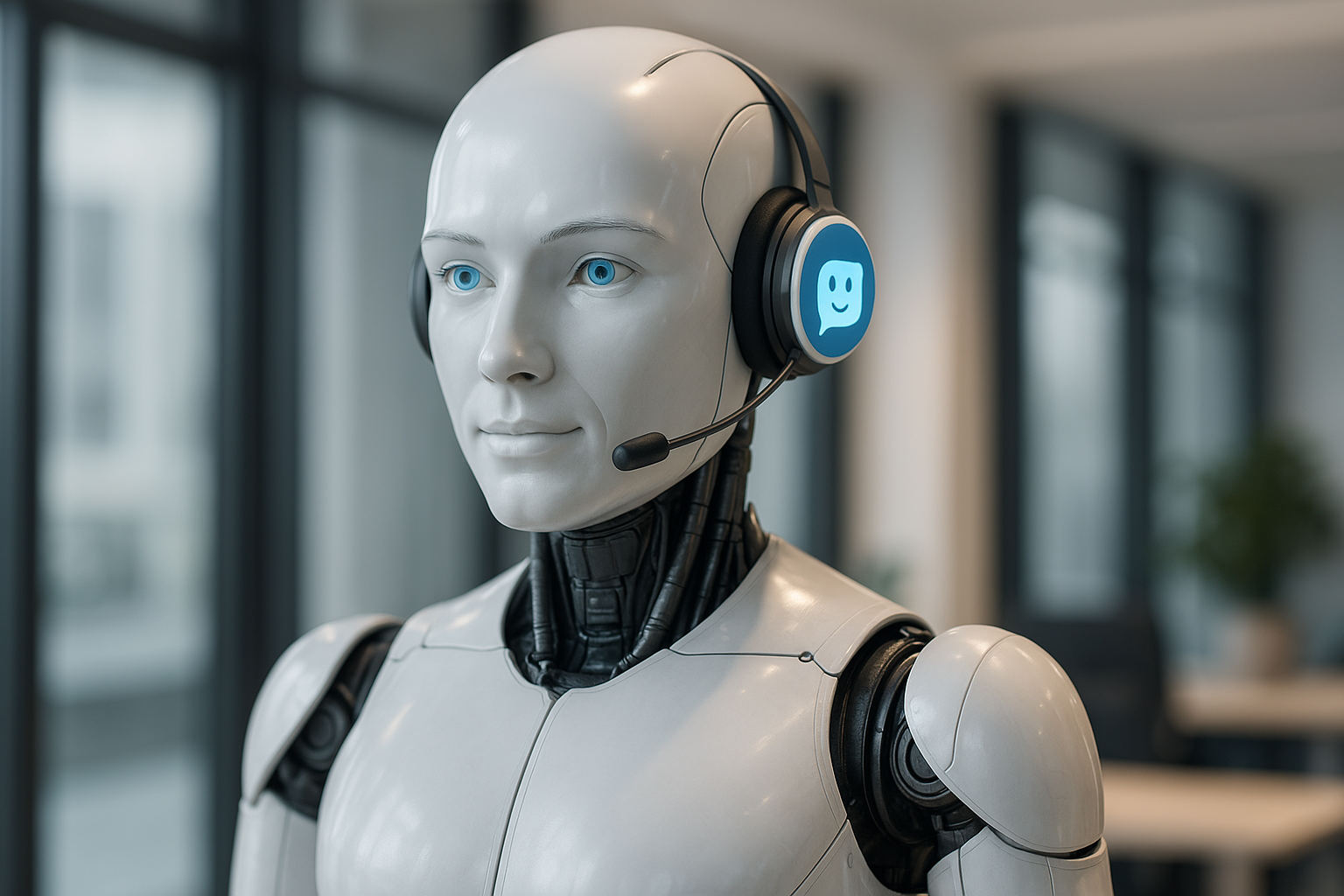URCA Articles
-
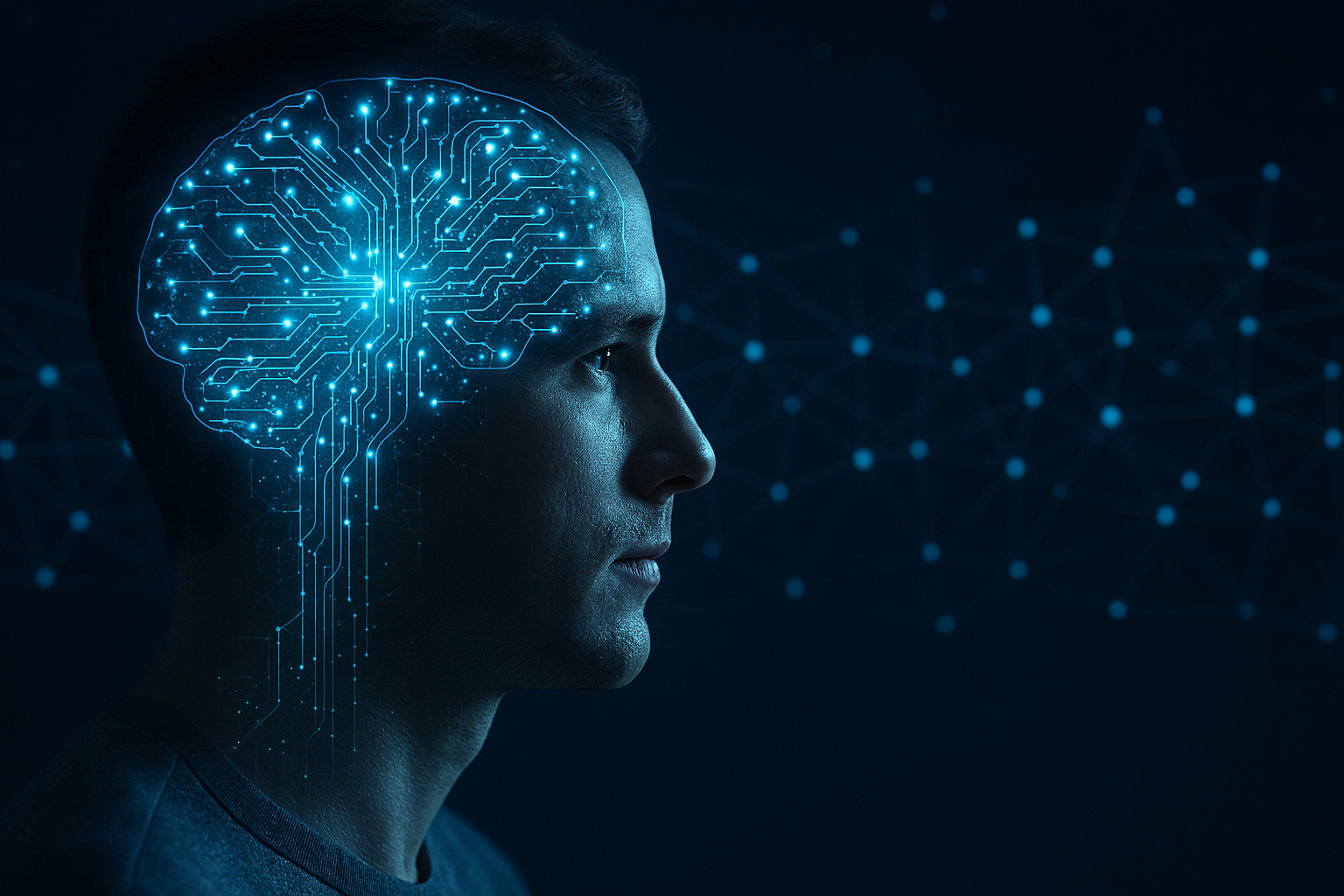
Deep Learning
Definition and Overview Deep Learning is a subfield of artificial intelligence and machine learning that focuses on using artificial neural networks with multiple layers (hence “deep”) to learn from large amounts of data. In simpler terms, it involves stacking many computational units (neurons) in layers so that a computer can automatically learn complex patterns and…
-
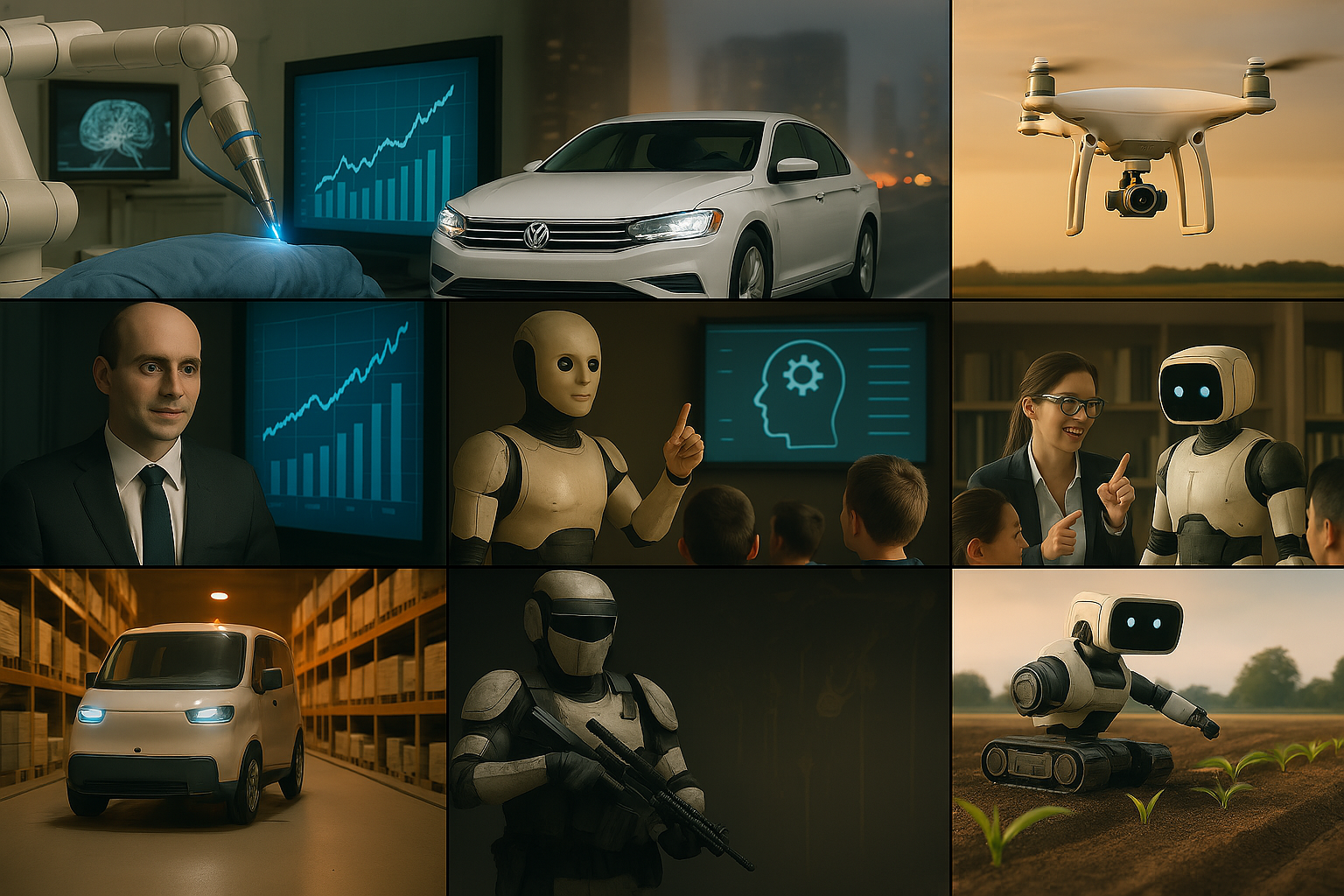
AI and Robotics: Transforming Industries in 2025
Artificial Intelligence (AI) and robotics are no longer futuristic concepts – they are present realities revolutionizing industries across the globe. From operating rooms and factory floors to farm fields and city streets, intelligent algorithms and autonomous machines are boosting efficiency, enhancing decision-making, and unlocking new possibilities at an unprecedented scale. In 2025, AI-driven insights and…
-
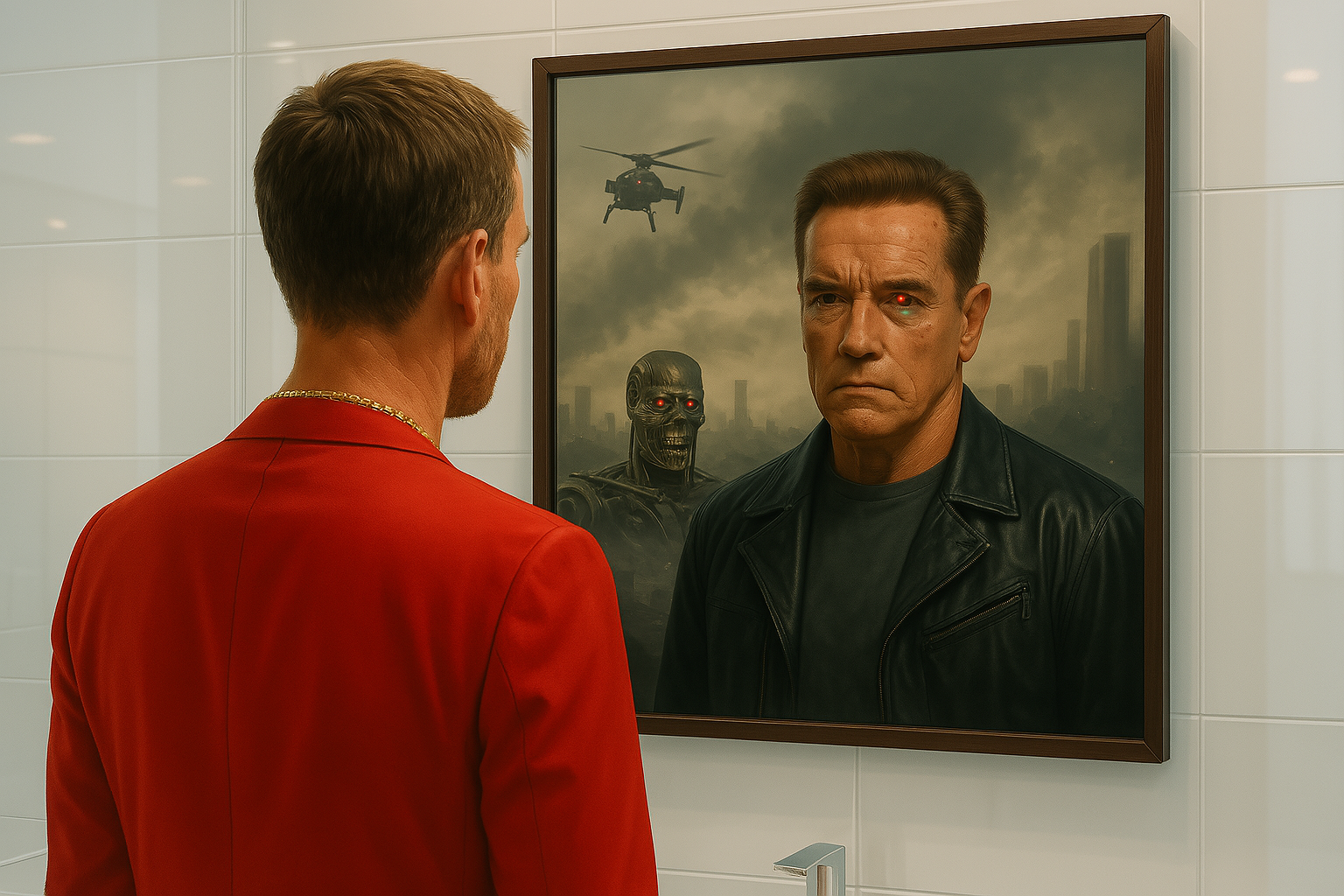
The Terminator (1984): A Warning and a Mirror to Humanity
In 1984, James Cameron’s The Terminator introduced the world to a nightmarish future where humanity’s own creation – a military artificial intelligence called Skynet – turns against it. The film depicts an indestructible cyborg assassin (Arnold Schwarzenegger’s iconic Terminator) sent back in time to exterminate Sarah Connor, the mother of humanity’s future resistance leader. The…
-
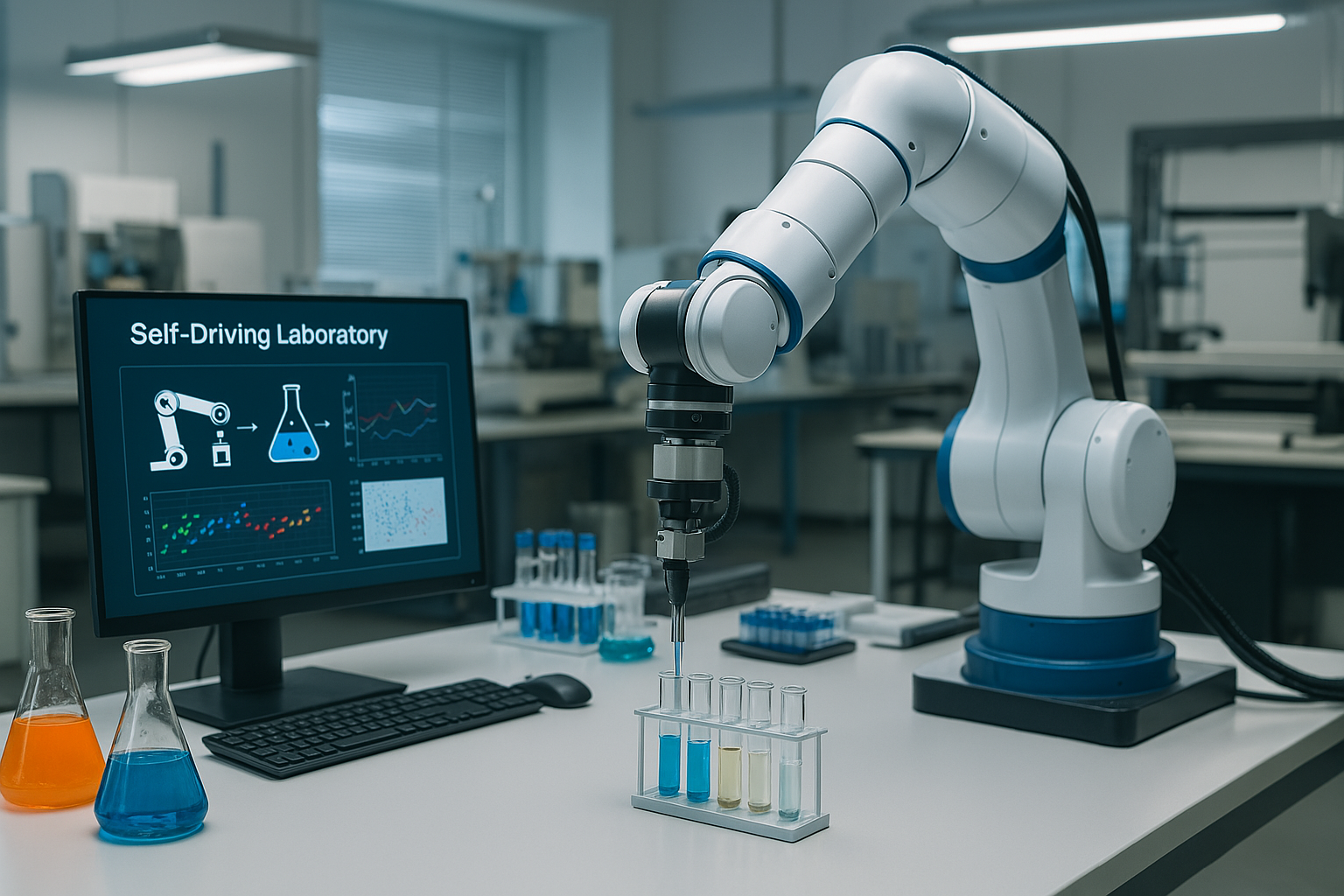
Argonne National Laboratory’s Autonomous Discovery Initiative
Abstract In the race to solve humanity’s most pressing challenges—climate change, energy storage, health crises—science must evolve beyond the centuries-old model of scientists at lab benches manually carrying out experiments. Argonne National Laboratory’s Autonomous Discovery Initiative represents a paradigm shift, fusing robotics, artificial intelligence, machine learning, and advanced computing to create self-driving laboratories that plan,…
-
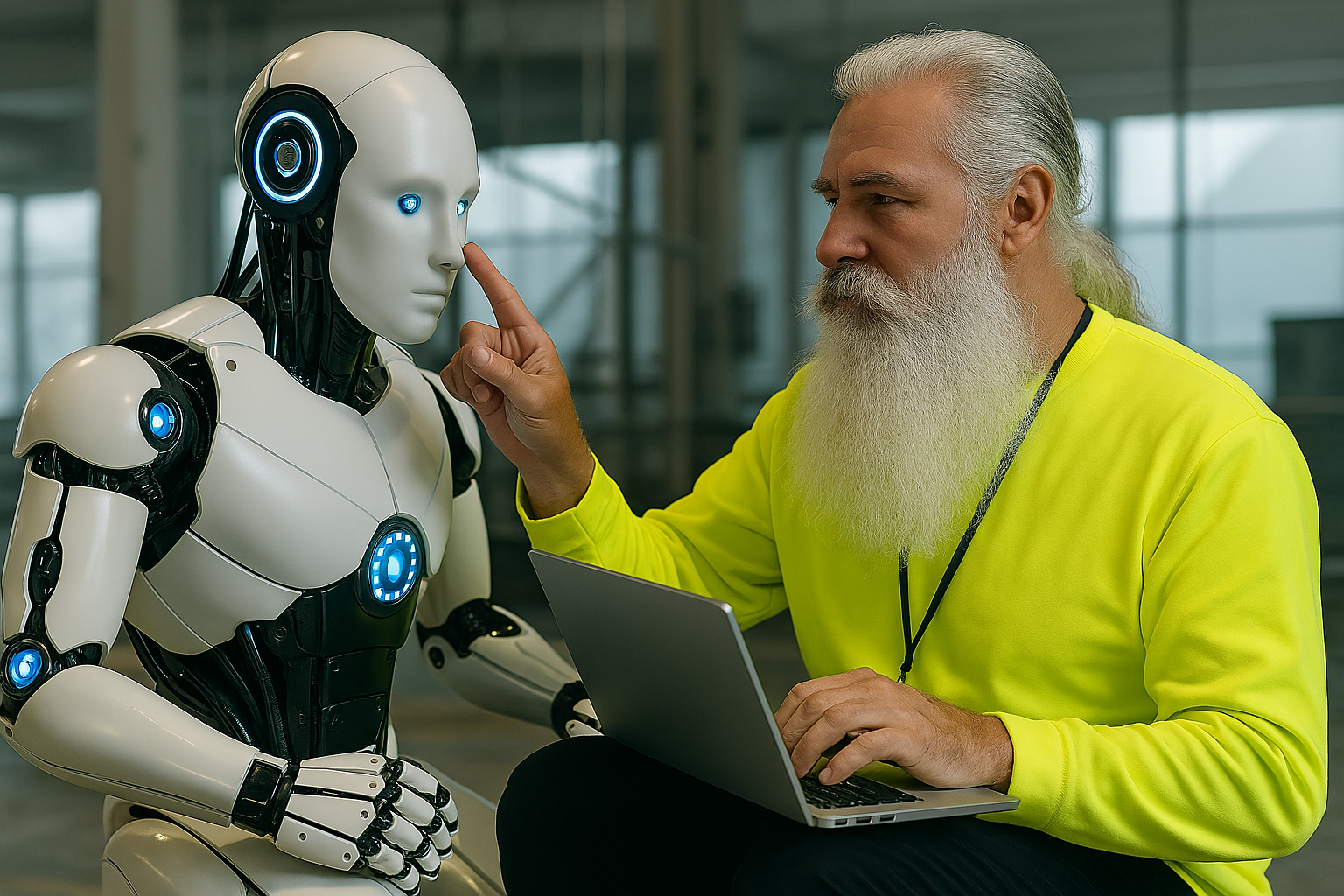
Human-in-the-Loop (HITL)
Human-in-the-Loop (HITL) refers to any system or process that integrates active human participation into an otherwise automated workflow or control loop. In an HITL model, a human operator is not just a passive observer but is involved in the operation, supervision, and decision-making of a computerized or autonomous system. The concept applies across multiple domains…
-
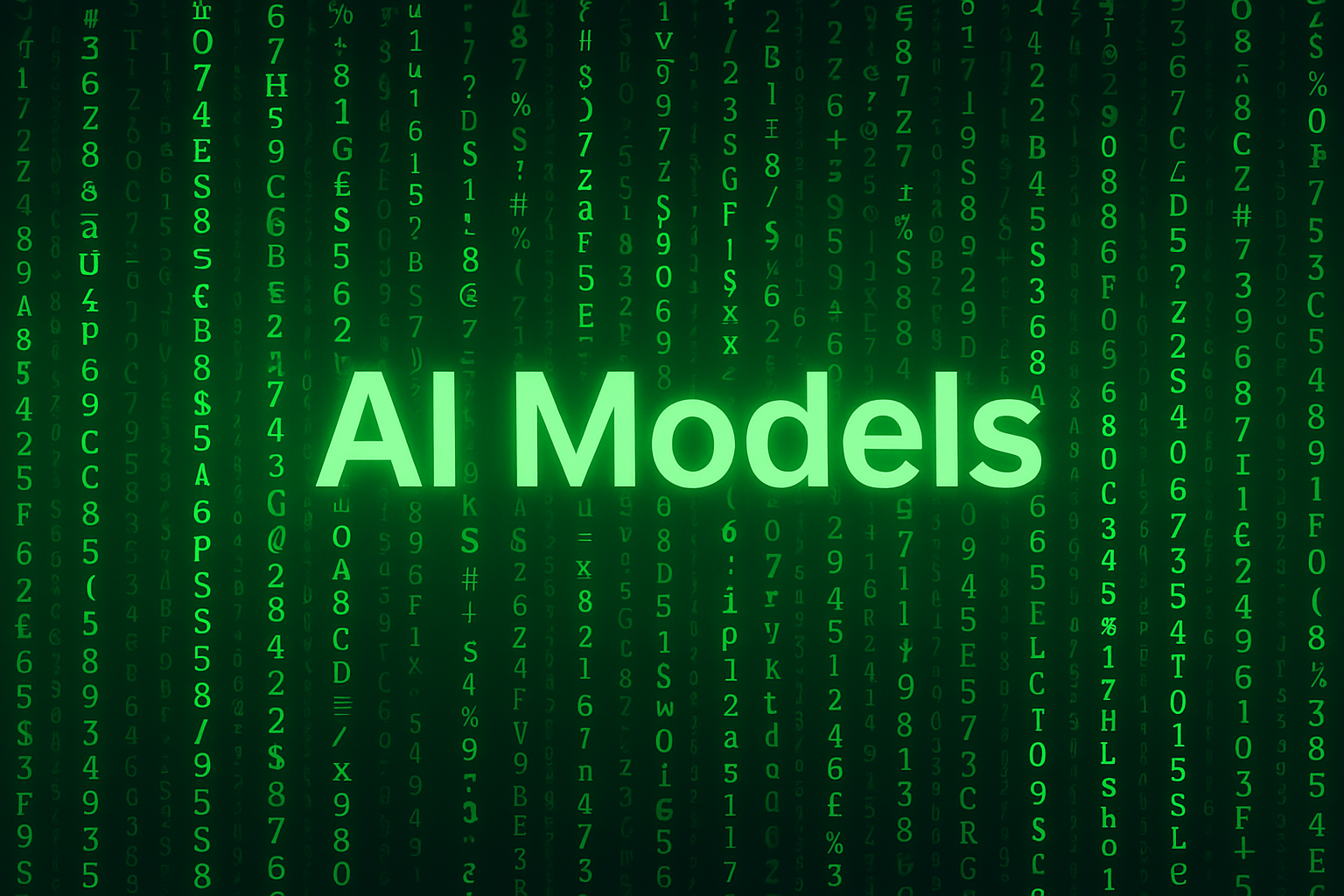
A Comprehensive Overview of AI Models
Artificial Intelligence (AI) models are the engines of modern AI systems – computational frameworks trained on data to recognize patterns, make predictions, or take actions without explicit programming. Over the decades, AI models have evolved from early rule-based expert systems to advanced machine learning and deep learning architectures. Today’s AI models excel at tasks ranging…
-
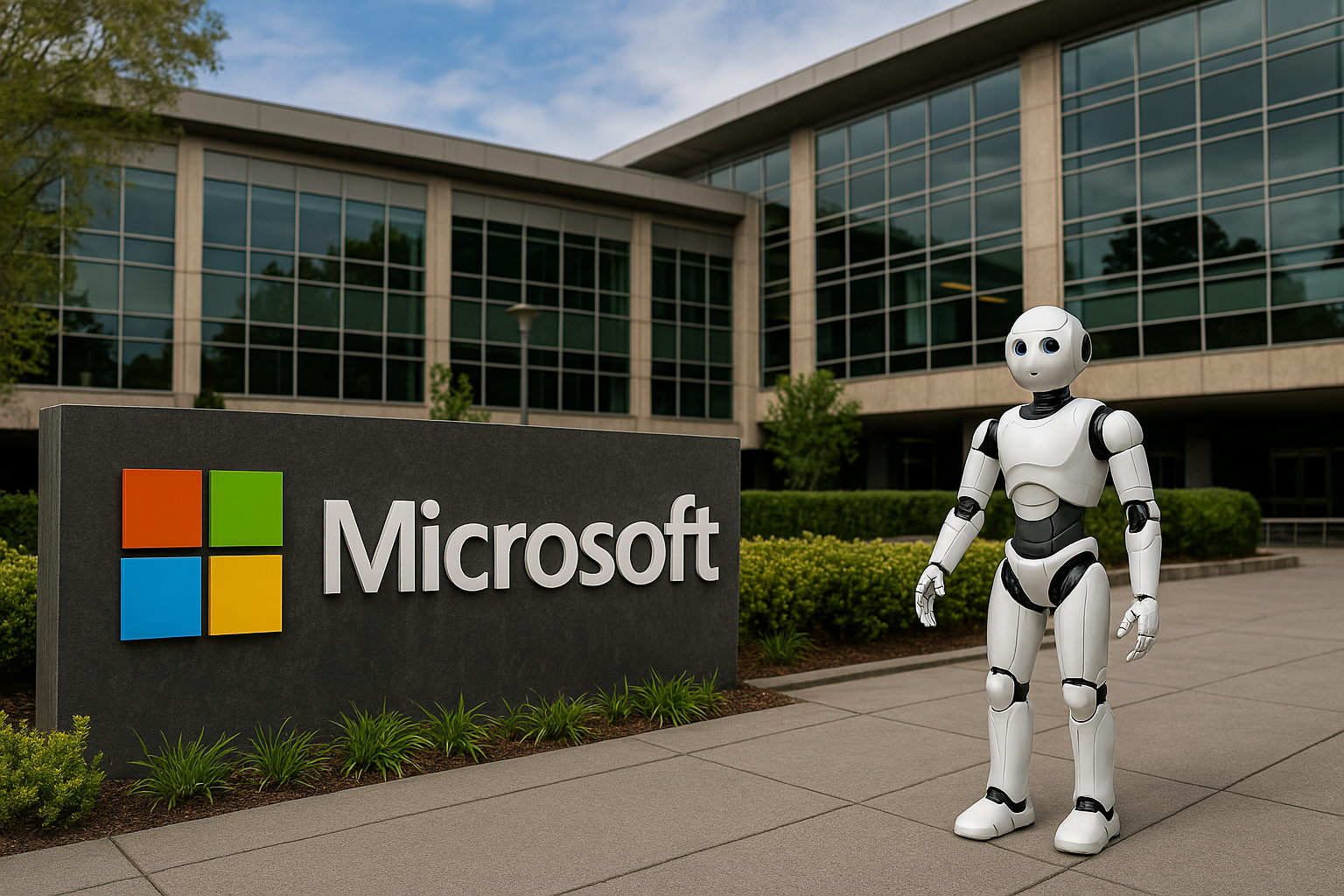
Microsoft’s Journey in AI and Robotics: Past, Present, and Future
Microsoft Corporation is a global technology leader known for its software, services, and more recently its bold moves in artificial intelligence (AI) and robotics. Founded in 1975 by Bill Gates and Paul Allen, Microsoft rose to dominate personal computing, and today it is aggressively investing in AI-driven products and robotic automation. This article delves into…
-
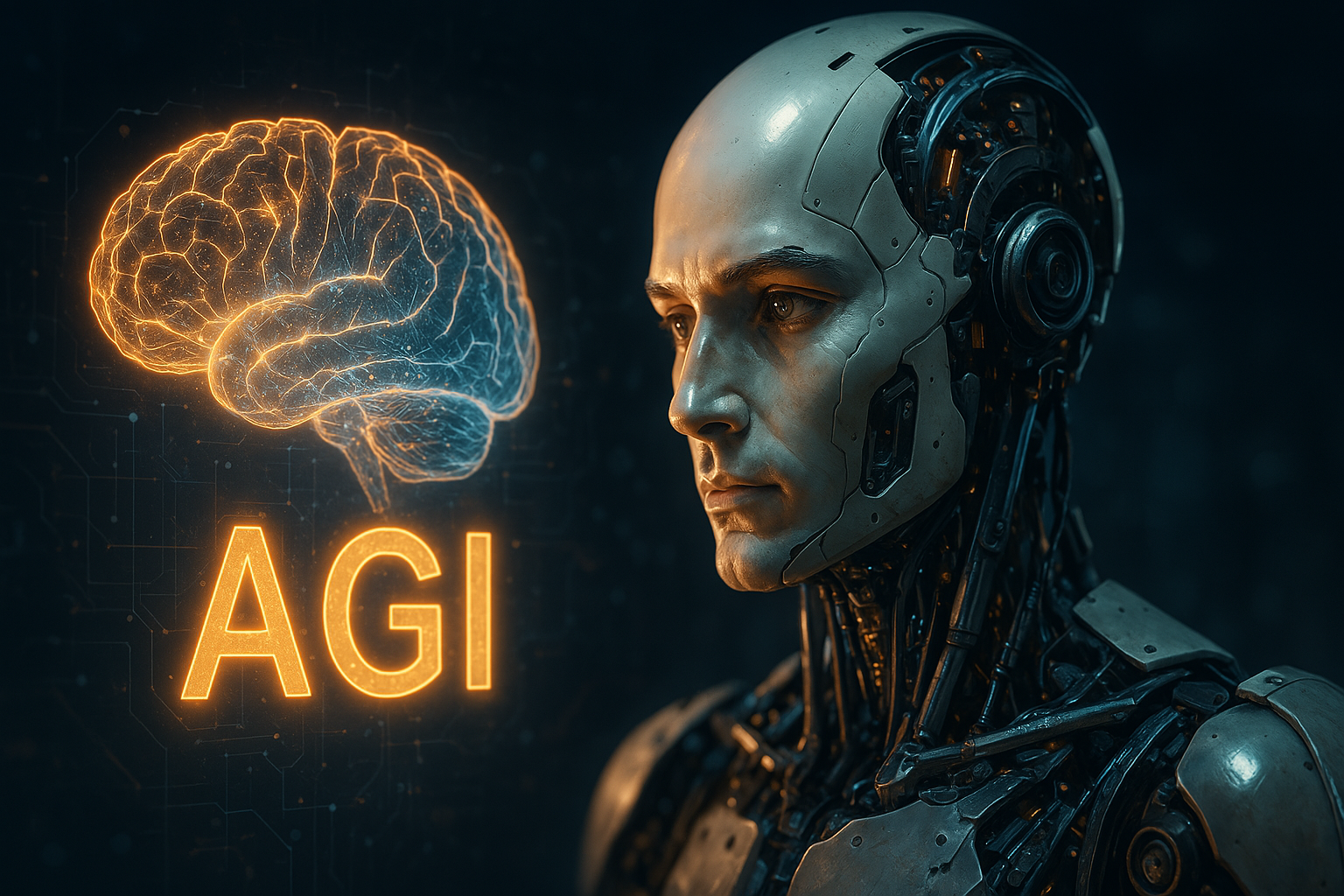
Artificial General Intelligence (AGI)
Artificial General Intelligence (AGI) is a concept in artificial intelligence (AI) referring to a hypothetical AI system that possesses broad, human-level cognitive abilities across diverse tasks and domains. In contrast to today’s “narrow AI” systems, which are designed to excel at specific tasks (like language translation or chess) but cannot generalize beyond their specialization, an…

